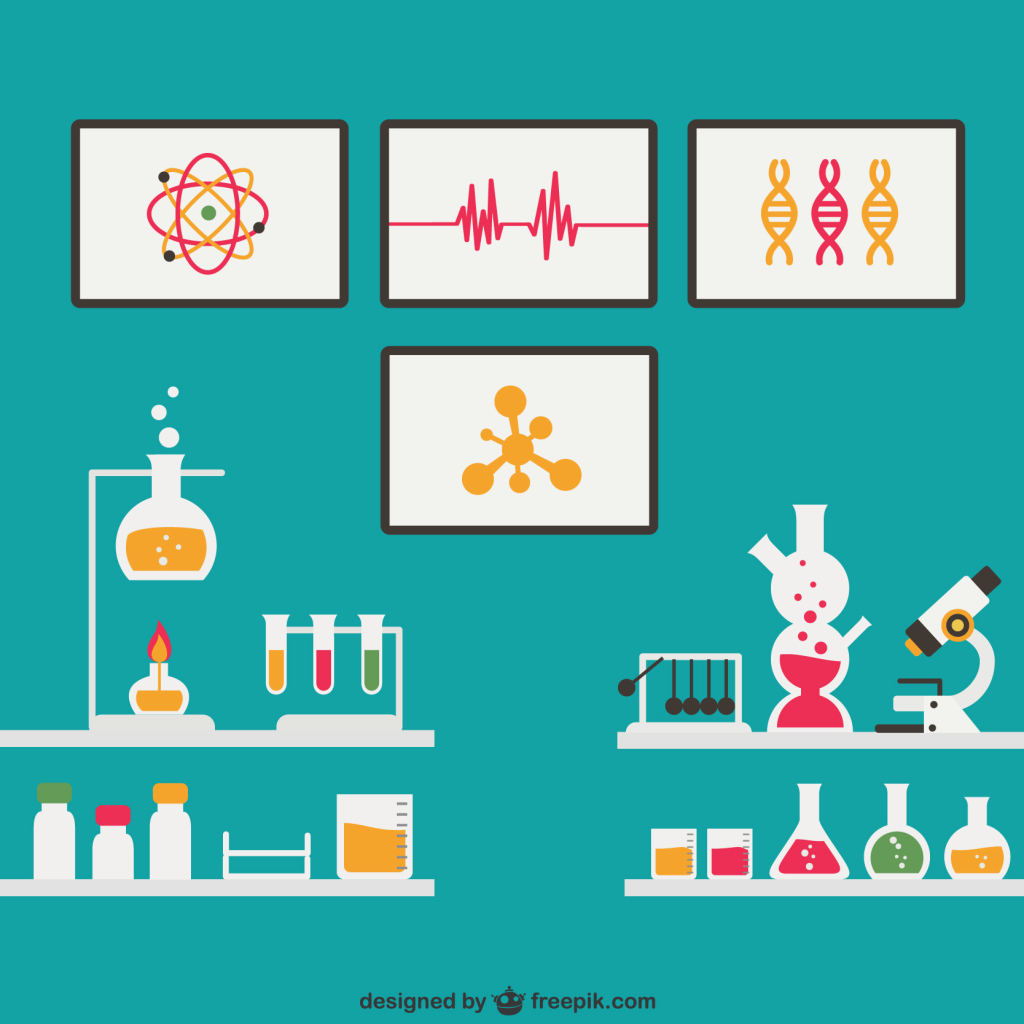Even if you are a health-conscious person who is aware of the importance of a healthy diet and taking vitamins and supplements, chances are, you probably have not heard of vitamin B-17. However, in spite of an FDA ban on this vitamin, there are many in the medical community who believe in the health benefits of this nutrient, especially in regards to a potential cure for cancer. Read on to find out why.

What is B17?
Vitamin B-17 is part of the B-vitamin complex, which also includes B-1, B-2, B-6 and B-12. B-vitamins serve several important functions in the body and help to promote the health of the nervous system (including the brain) and also healthy energy levels. This nutrient is made up of a combination of glucose and hydrogen cyanide and is also called amygdalin.
On his website, Dr. Axe, the well-known advocate of natural medicine, notes that this vitamin’s scientific name is mandelonitrile beta-D-gentiobioside and that it has antioxidant properties and can interact with other antioxidants (like vitamins A, C and E) to help cleanse the body of mutated or dangerous cells.
B-17 and Cancer
Despite the fact that the FDA has banned this supplement (believing it to be toxic), the Health and Home Remedies site reports that scientists who have studied vitamin B-17 believe that it could be effective for the treatment of cancer. One of the most verbal advocates for this Dr. John Richardson, who, despite FDA criticism, has used this nutrient as part of his treatment program for his patients at his cancer clinic.
Sloan-Kettering Memorial Hospital, one of the foremost hospitals for cancer treatment in the country, has also conducted experiments with vitamin B-17 and found that it not only improved the general health of the cancer patient but also inhibited the growth of tumors and had a preventative effect on cancer development.
Dr. Axe notes that studies have found B-17 to be effective against cancer of the prostate, brain and bladder. However, it does not appear to have much effect on cancers of the lung or breast. However, it has been shown to strengthen the immune system by both increasing the production of white blood cells and by supporting healthy liver function. Other benefits that research has discovered include treatment for pain and for high blood pressure.
So why has this treatment not been more widely used? There are many who believe that, because this product is natural and widely available, it cannot be patented and therefore cannot be made into a profitable treatment and that, due to this, pharmaceutical companies are not interested in developing it as a drug. It is also true that, because of the presence of cyanide in this vitamin, toxicity can occur and more research needs to be done in order to figure out what a safe dosage might be, as well as the potential long-term side effects associated with its use.
What Foods Contain Vitamin B-17?
The most potent source of vitamin B-17 is, strangely enough, from the pits of apricots, contained in the hard core of the fruit. However, there are some great ways to get this vitamin in your diet through the foods you eat:
- Wheat grass. This ultimate health food is one of the best sources of this nutrient and can be juiced and added to smoothies or other health drinks.
- Mushrooms. These edible fungi not only taste great and can be added to soups, stir-fries, omelets and casseroles, they are also a great source of vitamin B-17.
- Swiss chard. This leafy green vegetable contains generous amounts of vitamin B-17 and can be eaten fresh in salads or sautéed in a stir-fry or added to pastas or crockpot meals.
- Chia seeds. Chia seeds are not only great for B-17, they are also rich in protein and fiber and can be added to oatmeal, puddings or parfaits.
- Turmeric. This versatile, deep golden spice will not only provide you with B-17, but powerful anti-inflammatory and anti-oxidant compounds as well.
Despite the fact that FDA has banned it, there are still many doctors who believe that its unique compounds that target malignant cells can be a natural treatment for cancerous growths that, unlike traditional treatments, do not have unwanted side effects. Fortunately, there are many ways that you can get this important anti-cancer nutrient in your diet.












